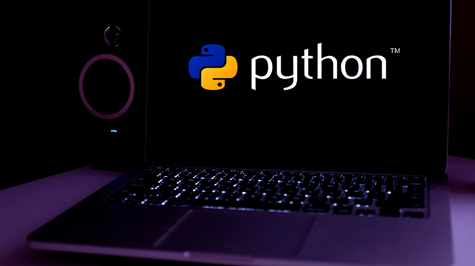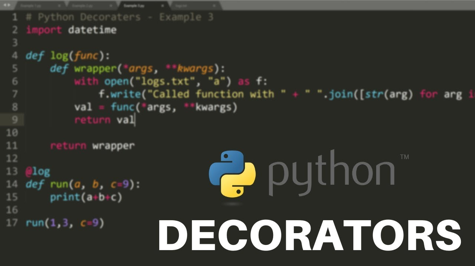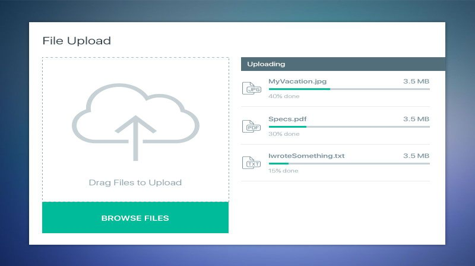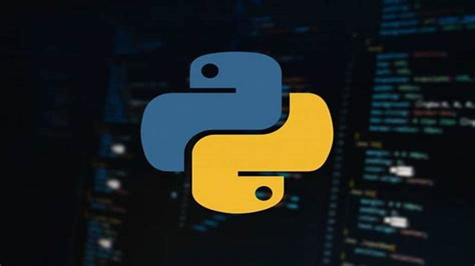It is difficult to predict with certainty which programming languages will be the "top 5" for newbies in 2023, as the popularity of programming languages can change over time. However, based on current trends and industry demands, it is likely that the following languages will continue to be popular choices for beginners:
-
Python - Known for its simplicity and readability, Python is a great language for beginners to learn as it has a wide range of applications and is used in many introductory programming courses.
-
JavaScript - JavaScript is a popular language for web development and is widely used in building front-end user interfaces.
-
Java - Java is a versatile language that can be used for a wide range of applications, including web development, mobile apps, and enterprise software.
-
C# - C# is a language developed by Microsoft and is often used for developing Windows desktop applications and games.
-
Swift - Swift is a relatively new language developed by Apple, it is used for developing iOS and macOS applications.
It's worth noting that there are many other languages that can be great for beginners, depending on what you want to do. These are just some examples of popular choices.
Python:
Python is a high-level, interpreted programming language known for its simplicity and readability. It was first released in 1991 and has since become one of the most widely used programming languages. Some of the key features of Python include:
-
A simple, easy-to-learn syntax that emphasizes readability and reduces the cost of program maintenance.
-
Dynamic semantics, meaning that the type of a variable is determined at runtime, not at compile-time.
-
A large standard library that supports many common programming tasks, such as connecting to web servers, reading and writing files, and working with data.
-
Interpreters for many operating systems, including Windows, macOS, and Linux.
Python is widely used in many different fields, including scientific computing, data analysis, artificial intelligence, web development, and more. It is also a popular choice for beginners, as it has a relatively low learning curve and many resources available for learning and practising the language.
JavaScript:
JavaScript is a popular programming language that is primarily used to create interactive front-end web experiences. It is a high-level, dynamic, and interpreted programming language that was first introduced in 1995. Some of the key features of JavaScript include:
-
It is a client-side language, which means that it runs directly in the browser and allows for dynamic updates and interactions on web pages without the need for a page refresh.
-
It is relatively easy to learn and is supported by all major web browsers.
-
It is an object-oriented programming language, which means that it is based on the concept of objects, which are instances of a particular class.
-
It has a large and active community that has developed many libraries and frameworks, such as React and Angular, that can be used to build complex web applications.
JavaScript is also increasingly being used on the server side through the use of Node.js, which is a JavaScript runtime built on Chrome's V8 JavaScript engine. This has opened up a whole new realm of possibilities and has made JavaScript a full-stack development language.
JavaScript is a versatile language and is widely used in many different fields such as web development, mobile apps, games, and more.
Java:
Java is a general-purpose, object-oriented programming language that was first released in 1995. It is designed to be platform-independent, meaning that code written in Java can run on any platform that has a Java Virtual Machine (JVM) installed. Some of the key features of Java include:
-
It is a statically-typed language, meaning that the type of a variable must be specified at the time of declaration.
-
It is an object-oriented language, which means that it is based on the concept of objects and classes, and supports inheritance and polymorphism.
-
It has a large and well-established standard library that supports many common programming tasks, such as working with data, connecting to databases, and networking.
-
It is widely used in enterprise applications, such as financial systems and web-based enterprise applications and has a huge developer community.
-
Java has a relatively verbose syntax, which can make it a bit more complex for beginners to learn than some other languages, but it also makes it more robust and allows for more structured and maintainable code.
Java is widely used in many different fields such as web development, mobile apps, enterprise software, and more. Many popular frameworks such as Spring and Hibernate are built on Java, making it a popular choice for enterprise applications.
Java is a general-purpose, object-oriented programming language that was first released in 1995. It is designed to be platform-independent, meaning that code written in Java can run on any platform that has a Java Virtual Machine (JVM) installed. Some of the key features of Java include:
-
It is a statically-typed language, meaning that the type of a variable must be specified at the time of declaration.
-
It is an object-oriented language, which means that it is based on the concept of objects and classes, and supports inheritance and polymorphism.
-
It has a large and well-established standard library that supports many common programming tasks, such as working with data, connecting to databases, and networking.
-
It is widely used in enterprise applications, such as financial systems and web-based enterprise applications and has a huge developer community.
-
Java has a relatively verbose syntax, which can make it a bit more complex for beginners to learn than some other languages, but it also makes it more robust and allows for more structured and maintainable code.
Java is widely used in many different fields such as web development, mobile apps, enterprise software, and more. Many popular frameworks such as Spring and Hibernate are built on Java, making it a popular choice for enterprise applications.
C#:
C# (pronounced "C-sharp") is a modern, object-oriented programming language developed by Microsoft. It is designed to be used with the Microsoft .NET Framework and is often used for developing Windows desktop applications, video games, and Windows phone applications. Some of the key features of C# include:
-
It is a statically-typed language, meaning that the type of a variable must be specified at the time of declaration.
-
It is an object-oriented language, which means that it is based on the concept of objects and classes and supports inheritance and polymorphism.
-
It has a rich set of built-in features, such as automatic memory management and support for threading, that makes it easy to build robust and high-performance applications.
-
C# has a clean and modern syntax, which is easy to read and understand.
-
It has a large and active community, with many open-source libraries and frameworks available for use in C# projects.
C# is a popular choice for developing Windows desktop and web applications, and video games using Unity engine and also used in Xamarin for cross-platform mobile app development. It is a versatile language and can be used in many different fields such as web development, game development, and more.
Swift:
Swift is a general-purpose, compiled programming language developed by Apple for their platforms and Linux. It was first introduced in 2014 as a replacement for the Objective-C language, which had been the primary language for Apple's platforms for many years. Some of the key features of Swift include:
-
It is a statically-typed language, meaning that the type of a variable must be specified at the time of declaration.
-
It is a modern, concise, and expressive language that is easy to read and write.
-
It has a lot of features that make it safer than Objective-C, and it's more expressive and less prone to errors.
-
It has a strong type inference, which reduces the need to specify types explicitly, making the code more readable
-
Swift is designed to work with Apple's Cocoa and Cocoa Touch frameworks, which are used to build applications for macOS, iOS, watchOS, and tvOS.
-
It is open-source, which means that developers can use it for free and also contribute to its development.
Swift is widely used for developing iOS, macOS, watchOS, and tvOS apps. Its syntax is easy to read and write, making it a great choice for beginners. It's also a good choice for experienced developers who want to build high-quality, maintainable code. It is also used in server-side development using Vapor and Kitura frameworks.










